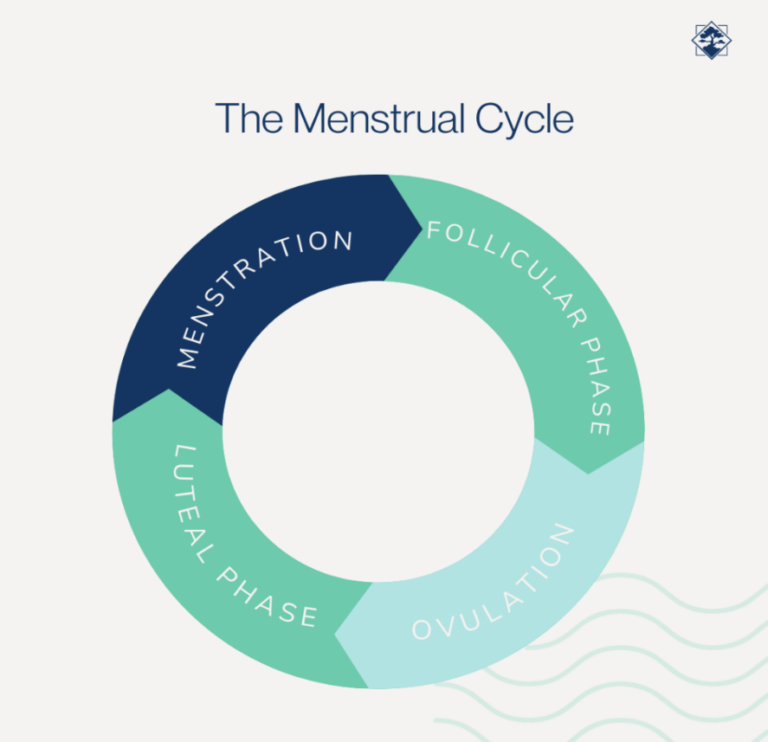AI and genetic testing are revolutionizing IVF in India. From embryo screening to three-parent techniques, new technologies are improving success rates, minimizing risks, and offering new hope to...
AI and genetic testing are revolutionizing IVF in India. From embryo screening to three-parent techniques, new technologies are improving success rates, minimizing risks, and offering new hope to...
Fertility is a significant concern for many couples looking to start a family. While various medical treatments are available to assist with conception, many couples prefer to explore natural ways to...
Conception can be a complex process, and understanding your body’s natural reproductive cycle is crucial for maximizing your chances of getting pregnant. One of the most critical components of...




